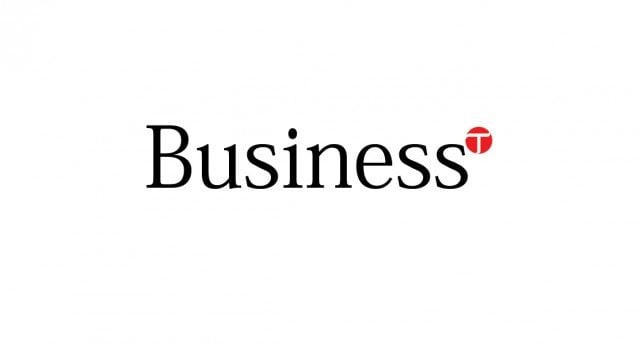Instilling Islamic values into economic system to strengthen nation

“This will, in fact, eliminate sources of instability, violence and tendency towards extremism arising from a sense of deprivation in this region,” he said.
He expressed these views while delivering a speech on ‘Islam and the future of economics’ at a conference on Islamic Economics and Finance, organised by the Institute of Business Administration (IBA) at the SBP on Saturday.
He said that the introduction of Islamic banking has promoted financial inclusion by bringing in those who have so far remained outside the conventional banking system, and has thus strengthened the financial sector.
“We need to explore the unique features of Islamic finance for the larger good of the society, particularly in the context of economic growth and poverty alleviation,” he said.
Islamic finance can be a powerful tool for inclusive growth and amelioration of the conditions of poor in Muslim countries, he said.
Leading Islamic finance experts and Shariah advisers, who spoke at the conference, said that the phenomenal growth in the Islamic financial sector worldwide is a testimony of its potential, and the Islamic economic system could be a role model for world economies.
They said that currently there are over 500 Islamic financial institutions with a total size of $1.2 trillion, over 250 Shariah-compliant mutual funds having $300 billion worth of funds, over 133 Takaful companies with $8.8 billion in contribution and some 207 international Islamic Sukuks issued till 2007 with a 73 per cent growth in comparison to 2006.
The speakers said that Islamic finance and economics is a reality which is being recognised by the International Monetary Fund, World Bank and Basel committee. They said Shariah and accounting standards for Islamic financial institutions have already been laid down and more than 60 countries have Islamic banking institutions.
The speakers informed the audience that Islamic banking is growing rapidly in Pakistan with 649 branches of dedicated Islamic banks and Islamic banking sections of conventional banks.
Their asset base is approximately Rs366 billion while their deposit base is around Rs283 billion with a growth rate of around 55 per cent since inception and the share of Islamic banks in the overall banking system of Pakistan stands at 5.9 per cent, they added.
Published in The Express Tribune, June 27th, 2010.


















COMMENTS
Comments are moderated and generally will be posted if they are on-topic and not abusive.
For more information, please see our Comments FAQ